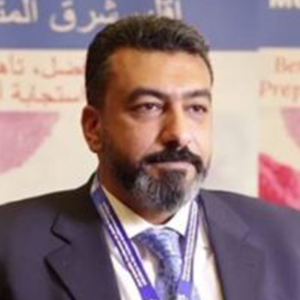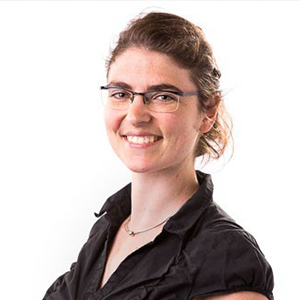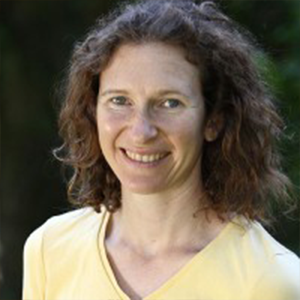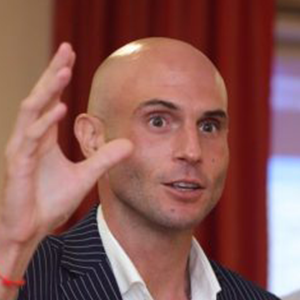
Ghazi Kayali
Managing Partner
Human Link DMCC
Over the past 15 years, the over-arching theme for Dr. Kayali’s research has been emerging zoonoses epidemiology at the human-animal interface. Dr. Kayali has extensive experience with conducting and coordinating surveillance on emerging infectious diseases and has expertise in virology, epidemiology, modelling, and genomics. In addition to research, Dr. Kayali has an active role in consultation with the World Health Organization, specifically relating to zoonotic diseases, pandemic preparedness, and International Health Regulations. Through his consultation work, he has impacted the public health policies of several countries in the Eastern Mediterranean region. At present, Dr. Kayali’s policy-related work is focused on developing zoonotic disease policies and improving intersectoral collaboration and coordination. Dr. Kayali advocates for One Health approaches in the Region and strive to institutionalize the concept in governmental policies and practice.
Dr. Kayali established and is currently Managing Partner of Human Link DMCC. We are members of global surveillance networks including the US National Institutes of Health funded Centers of Excellence for Influenza Research and Response (CEIRR). Dr. Kayali has extensive experience leading multidisciplinary teams and have trained more than 10 postgraduate students in the development and implementation of surveillance research programs. In addition, Dr. Kayali has been the Lead and Principal Investigator of many big multi-site projects funded by international agencies. Ongoing and recently completed projects that he would like to highlight include:
- Ecology of swine flu viruses in AI-endemic countries, funded by the National Institute of Allergy and Infectious Diseases (NIAID CEIRR), contract# 5N93021C00016 from September 2023-ongoing. Role: Principal Investigator
- Transmission dynamics of avian influenza viruses at the wild bird-poultry-human interfaces in Egyptian Live Bird Markets, funded by the National Institute of Allergy and Infectious Diseases (NIAID CEIRR), contract# 5N93021C00016, from April 2021-ongoing. Role: Principal Investigator
- Surveillance for avian influenza and MERS-CoV at the human-animal interface in the Middle East, funded by the National Institute of Allergy and Infectious Diseases (NIAID CEIRS), contract #HHSN272201400006C, from April 2016 till March 2021. Role: Principal Investigator
- Coronaviruses at the human-animal interface in Egypt, funded by the United States Agency for International Development (USAID), contract# 07-306-7119- 52304, from June 2016 till September 2018. Role: Site Principal Investigator.
- Case-control study of pandemic A/H1N1 risk factors in Lebanon, funded by the Department of State’s Biosecurity Engagement Program, grant number S-LMAQM-05-GR-114, from May 2011 till July 2013. Role: Principal Investigator




